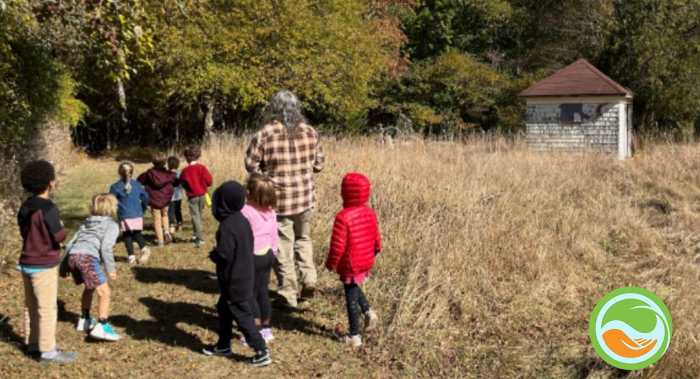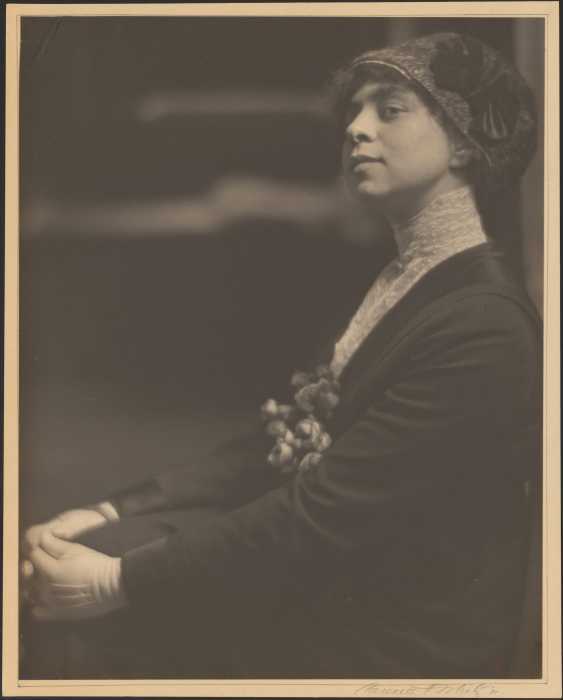With the success of television shows like America’s Got Talent, children from kindergarten to high school are begging for their shot at the pie, and parents everywhere are responding by looking for voice lessons for kids. But how does a parent know when a child is old enough to start vocal training, or how to find a vocal coach for kids?
My own daughter was gifted with perfect pitch and a great voice that showed themselves from the time she could speak. She acted in the camp play and sang constantly around the house. There were many people we knew who were pushing their kids into voice and dance lessons and acting seminars before they were in fourth grade. However, we decided to wait until she had a chance to mature, and not until she turned 11 did we find teachers to help her achieve the trifecta — singer, dancer, and actress.
For decades, professional vocal teachers believed that vocal training should not start until puberty. “One should ideally start vocal lessons at the age of 13 or 14, if the student appears to be physically well developed, because of the importance of good control of the air supply in order to avoid strain,” says Lana Tonkoschkur, a vocal teacher in Tappan, NY. Barry Weinberg, former president of the Rockland County Music Teachers Guild who now teaches in Boca Raton, FL, does not accept female students before age 13, and male students before age 15. “I prefer to let the vocal cords and the general physiology mature to the point where instruction can be beneficial,” he explains.
Does this mean your 10-year-old can’t start vocal training? “There has to be a very good reason for starting a student at a younger age,” Weinberg says, “such as, if the child is truly a star who is already singing a great deal. In that case, the teacher should provide instruction on breathing and give hints on how not to abuse the cords. The teacher should not work on expanding the vocal range.”
Vocal teachers may accept a younger student if they see prodigal talent. Bette J. Glenn, a vocal teacher in Nanuet, NY, accepted her student, Gia Farrell, at the young age of 9; Farrell went on to record an album on Atlantic Records. “As soon as Gia began to sing, it was clear that she had a phenomenal voice and the personality and a feeling for style that was way beyond her years,” Glenn recalls.
When looking for a vocal teacher, it’s important to do some careful research. Although there are organizations for music and voice teachers, there is no regulatory body that outlines a set of standards or a curriculum. Parents should look at the teacher’s educational background in vocal pedagogy, knowledge of anatomy and physiology, experience as a performer and teacher, and strong musicianship skills. “Parents should be careful not to be dazzled by lines such as ‘appeared on Broadway’ or ‘sang with the Met’ — since these statements do not necessarily indicate the person’s ability to teach voice,” advises Dr. Andrea Saposnik, owner of the Andrea Saposnik Voice Studio in Irvington. “A child’s voice is very delicate and should only be placed in the hands of someone who is concerned with its longevity and health.”
Voice teachers will want to interview prospective students to determine if a young student is ready to begin lessons and to ascertain if there is a personality match between teacher and student, which is essential in creating an atmosphere of comfort and trust. “Singing is an emotional, vulnerable art and the student needs a supportive environment in which to open up and develop his/her talent in a safe manner,” Saposnik believes.
On her website, www.vocalfocus.com, vocal teacher Ronni Lederman, of West Nyack, NY, has a helpful checklist of what to look for in a voice teacher. Lederman suggests attending a recital where the teacher’s students are performing; at the performance, ask other parents what their children’s experience has been.
During the first lesson, the teacher may ask about the student’s music history (performances, choirs or past experiences singing or playing music). He will ask the student to sing scales to determine range, and will discuss and teach basic breathing techniques, and advise on diction and tone. “Lessons vary from teacher to teacher but you can expect to learn breathing, to work on head and chest registers, and to practice inflection and flexibility with the voice,” says Lederman. The parent or student may ask to tape the session for practice at home, and/or the teacher may give the student handouts to bring home. “Your child should come out of the lesson feeling good about themselves, feeling that they’ve learned new techniques, exercises and songs,” says Jonathan Cahr, who taught voice and music in White Plains, Hartsdale, and Scarsdale, NY. “If your child is motivated to practice and sing, then it’s a good indication that you’ve picked the right teacher.”
Are vocal lessons essential to your child’s future singing goals? All of the experts agree they are. Gia Farrell recently had a song on the soundtrack of the film Happy Feet. “I know that the lessons we shared over all these years have been very important to her growth and consequently to her career because I always insisted that Gia use her whole voice, to work her soprano register as well as her powerful pop sounds,” says Glenn. “The years of technique gave her wonderful support for her natural talent.”
While not all vocal students will have that level of success, teachers find that those who have not trained can develop serious problems. Injury to the vocal chords can include vocal-fold nodules and chronic hoarseness. “Singing professionally without training would be akin to running marathons without training: you would be setting yourself up for injury,” warns Saposnik.
Whether your child will be the next singing star or not, don’t rush into voice lessons. Make sure the voice and personality are mature enough to handle both the physical and emotional aspects of training. Do your homework when picking a voice teacher, and acknowledge the long-term commitment. With patience and homework, you just may have the next American Idol sitting at your dinner table.
Also see: Our After-School Activities Guide for the New York metro area




















